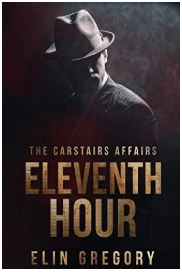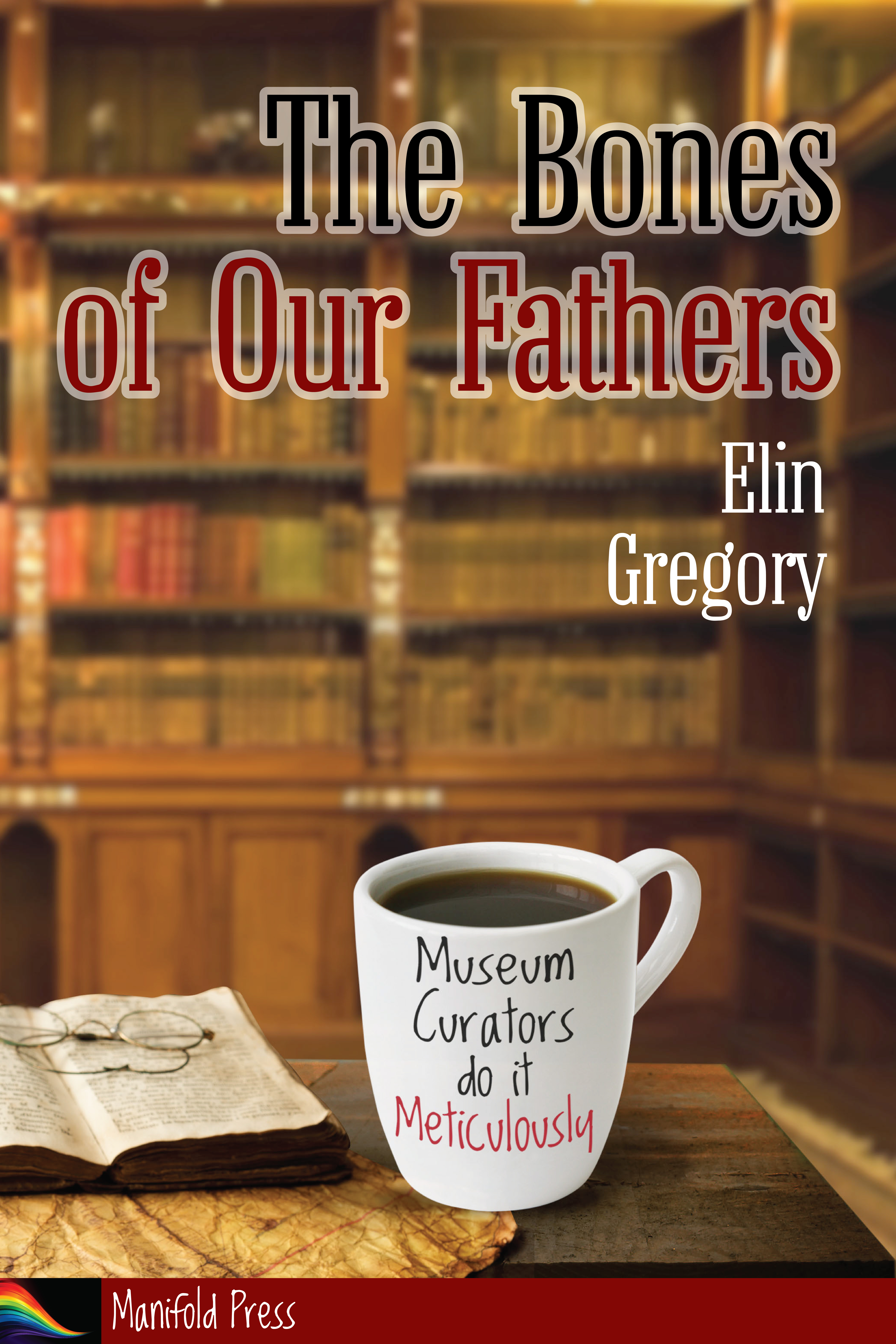Last week I started writing up my notes from the Queer Company sense of place panel and it all got a bit rambly so I decided to cut it up into bits. I posted the first bit here promising to follow up but that was on the 8th and all the world knows what happened next. I’ve had brains like scrambled egg all week so I apologise for the gap.
Description – too much of a good thing?
 We can all probably remember those romances of the 70s and 80s – Judith Krantz is one of the authors who comes to mind – that were described as ‘sex and shopping’ romances. In them there would be pages of description detailing every delectable item of furnishings in people’s houses, and every classy item of clothing worn by the heroine, heroes and important secondary characters. Barbie for adults, the heroine would be given an amazing wardrobe and very specific sexy jobs – movie star, aristocrat, billionaire CEO – and desirable accessories – dogs, cars and horses. Everything about her was described, right down to her choice of IUD, and every twitch and quiver of her sexual encounters. These bonkbusters sold in their millions, spawning made for TV versions and introducing hundreds of young women to the absolute importance of designer labels.
We can all probably remember those romances of the 70s and 80s – Judith Krantz is one of the authors who comes to mind – that were described as ‘sex and shopping’ romances. In them there would be pages of description detailing every delectable item of furnishings in people’s houses, and every classy item of clothing worn by the heroine, heroes and important secondary characters. Barbie for adults, the heroine would be given an amazing wardrobe and very specific sexy jobs – movie star, aristocrat, billionaire CEO – and desirable accessories – dogs, cars and horses. Everything about her was described, right down to her choice of IUD, and every twitch and quiver of her sexual encounters. These bonkbusters sold in their millions, spawning made for TV versions and introducing hundreds of young women to the absolute importance of designer labels.
I sometimes wonder if they also spawned the idea that took hold in the late 90s that books were better without descriptive passages, or speech tags and that a terse account of what a character says and does enables the reader to imagine all the frills for themselves. Elmore Leonard’s rules to write by tore through the fan fic community like a chain saw with the result that all fics in all fandoms sounded like Get Shorty. I think this is a terrific pity because description can be one of the sharpest tools in the writer’s kit.
Here’s is a short excerpt from Rosemary Sutcliff’s ‘end of civilisation as we know it’ Dark Ages novel The Lantern Bearers:

Aquila knew that beach; he and Felix had used to bring their birding bows out here after wildfowl. He knew the wriggling trail of sea wrack on the tide line, the dunes of drifted shell-sand where the yellow vetch and the tiny striped convolvulus sprawled. Standing with panting breast beside Sea-Snake as she came to rest, he had the feeling that he had only to look down to see the track of his own feet and Felix’s in the slipping white sand. He caught a glance over his shoulder, and saw the tower of Rutupiae light rising against the sunset. There was a great burst of flame above the crest, but it was only a cloud catching fire from the setting sun.
There is a LOT going on in this little passage. Aquila is a man who lost everything he cared for, including his self-respect and his freedom, who has returned to a place where he was once happy. Felix was his best friend, from whom he parted suddenly and irrevocably in an act of betrayal. No wonder he distracts himself by fixing on the familiar and much loved trivia of home. But thought of his lost friend intrudes again – the slipping white sand has long since smoothed over – so he looks for further distraction. There is the light house where, after parting from Felix and watching the ‘light’ of Rome leaving the shores of Britain, he lit the beacon fire one last time as an act of defiance to show that the country had not been completely abandoned. This theme of a last flare of light before the darkness is one returned to again and again throughout the book. There are many descriptions of fires and lanterns, the guttering smokiness of tallow dips and the pure clear light of beeswax candles, which add hugely to the atmosphere of the story while adding nothing to the development of relationships or to the plot. I doubt that all would survive the blue pen of a modern editor who believes that every word has to do one or the other.
So how to use description to get over that sense of place, whether to comfort or discompose the character and likewise the reader?
More tomorrow.







[…] Source: A Sense of Place – part 2 […]
Sutcliff writes the most fantastic descriptive passages – the images she conjures up are so vivid that I’ve remembered many of them for over 25 years.
Another author who is fantastic at descriptions – though in a different way – is Dunnett. Her words dance and tease and invite you to take a closer look because so very often in her novels things are not what they seem at the surface.